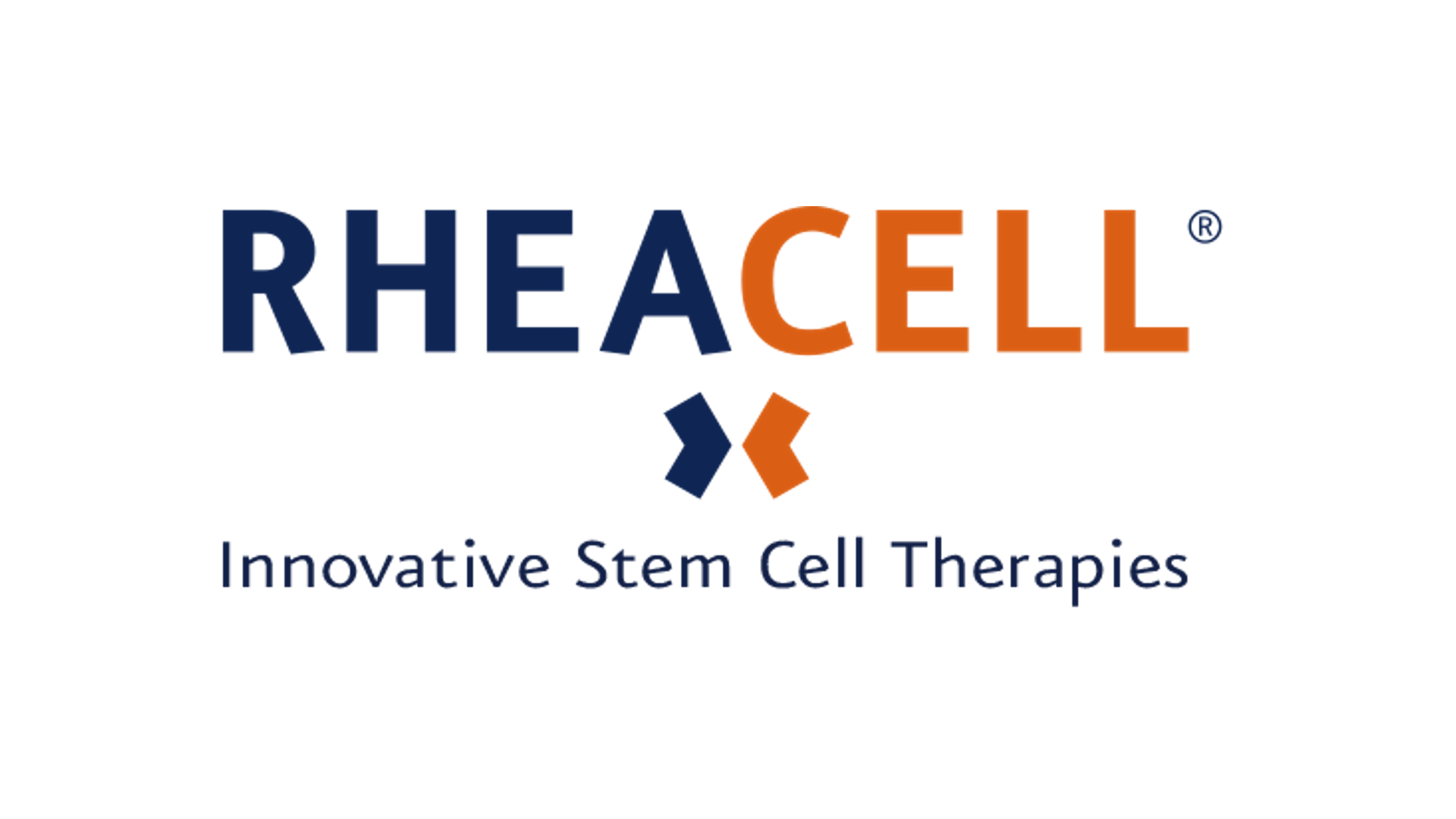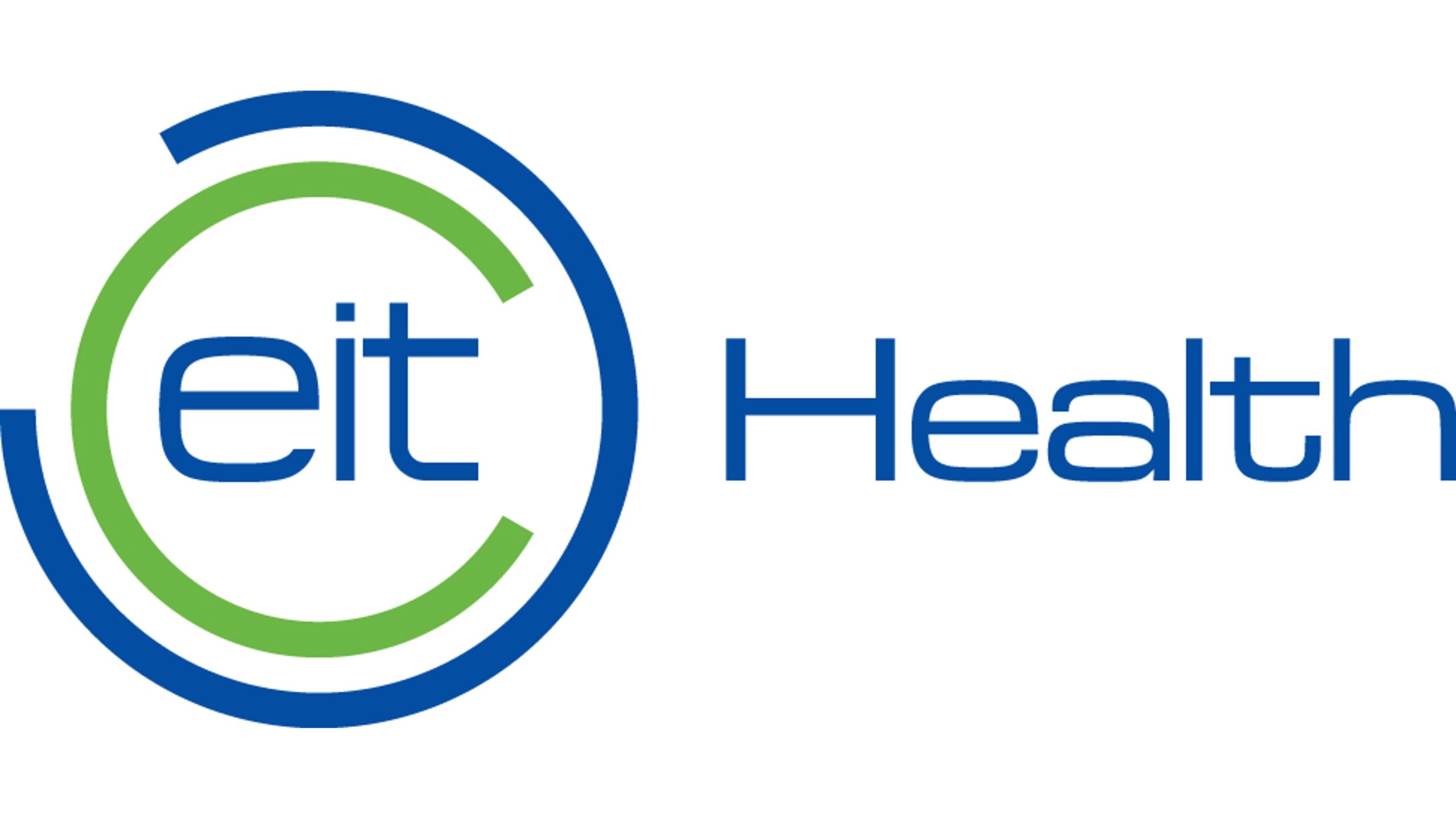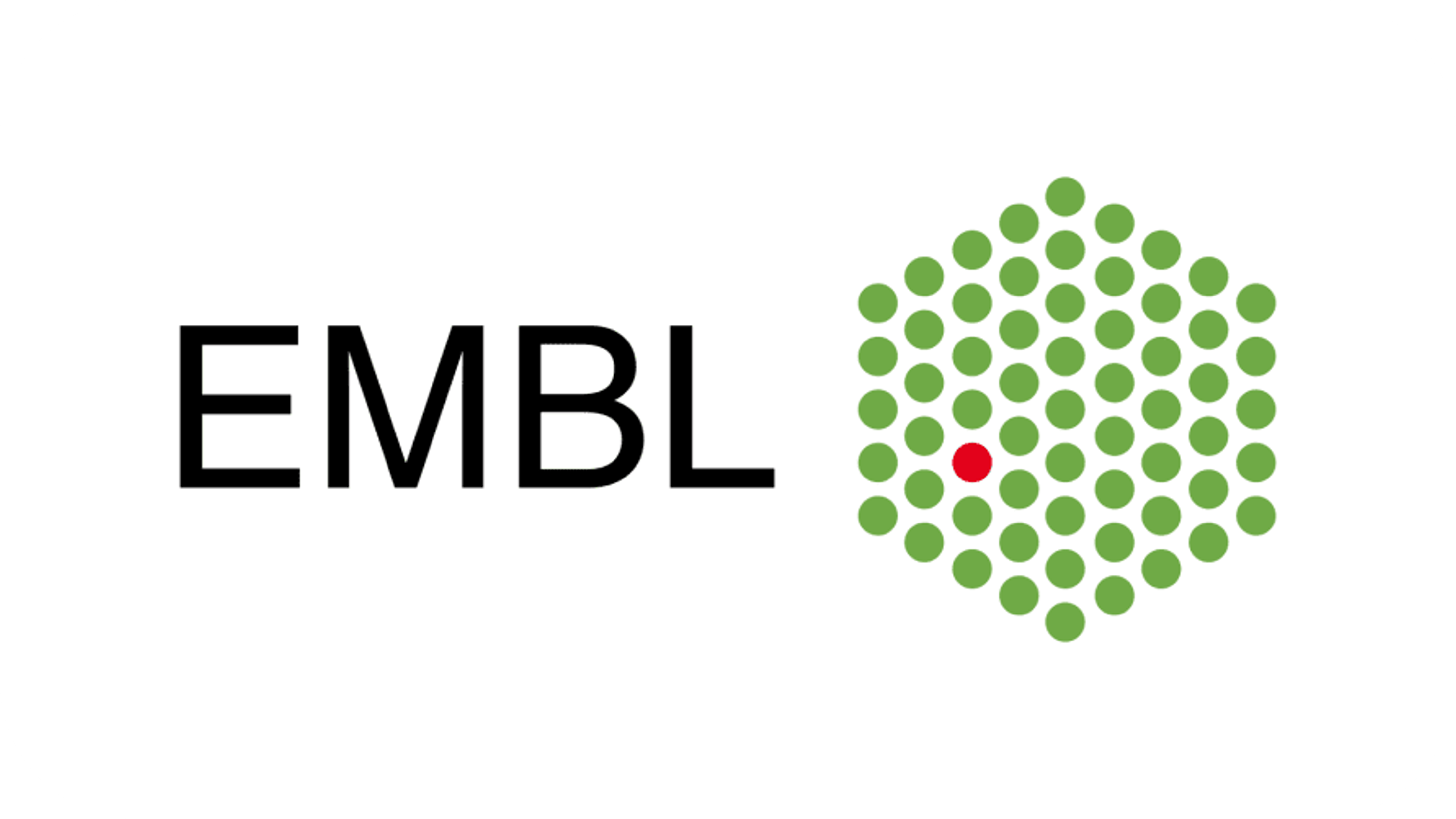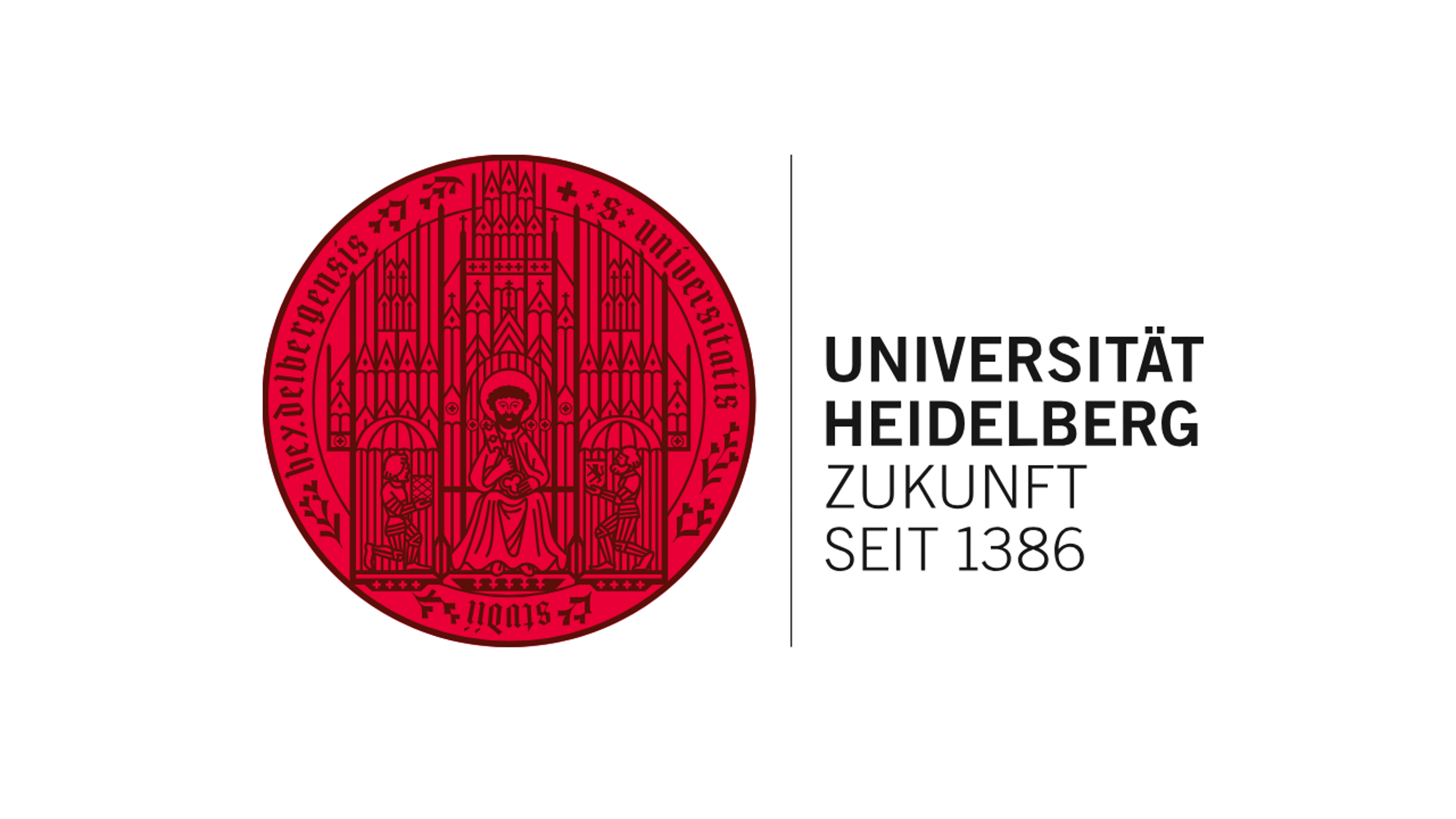RHEACELL announces FDA approval for Phase 3 study in refractory, non-curable CVU

- FDA approved blinded, multi-centric Phase-3 trial (NCT06489028) to investigate the safety and efficacy of allo-APZ2-CVU in patients with CVU
- The study will be conducted at more than 100 sites and is expected to enroll 250 patients
- Allo-APZ2-CVU is a first-in-class stem cell therapy leveraging ABCB5-positive mesenchymal stem cells to treat patients with severe immune and inflammationdriven diseases with high unmet medical need

Heidelberg, Germany, 24.09.2024 – RHEACELL today announced that the U.S. Food and Drug Administration (FDA) approved the companies blinded, multi-centric Phase-3 trial (NCT06489028) to investigate allo-APZ2-CVU in patients with chronic venous ulcers (CVU). Allo-APZ2-CVU is a first-in-class stem cell therapy leveraging ABCB5-positive mesenchymal stem cells (MSCs) to treat patients with severe immune and inflammation-driven diseases with high unmet medical need, including CVU and Epidermolysis bullosa.
The FDA approval is based on initial positive results from a Phase 2b study (NCT04971161) evaluating allo-APZ2-CVU in patients with CVU refractory to standard of care and a national approval in Germany by the Paul Ehrlich Institute (PEI) for treatment-refractory CVU. The Phase 2 study demonstrated a favorable safety profile and preliminary efficacy of allo-APZ2-CVU. At a planned interim analysis, an unblinded Independent Data Monitoring Committee (IDMC) recommended continuation of the study without modification, indicating that the selected dose group for allo-APZ2-CVU was able to meet or exceed the presumed effect size compared to placebo (initial assumption: 15% wound closure in the placebo arm vs. 45% wound closure in the dose arm).
“Once patients become refractory to standard of care for CVU, there are no curative treatments available, and wounds often persist for years, considerably reducing patients’ quality of life. The approval of our Phase 3 trial with allo-APZ2-CVU is an important step forward in providing these patients with urgently needed treatment options,” said Dr. Christoph Ganss, founder and CEO of RHEACELL. “We believe that our first-in-class technology has the potential to address several serious immune and inflammatory diseases, and that this approval further highlights the potential of our ABCB5+ MSCs.”
The pivotal, double-blind, multicenter, international Phase III clinical trial is designed to evaluate the efficacy and safety of allo-APZ2-CVU in wound healing of therapy-resistant non-healing CVU. The study will be conducted at more than 100 sites and is expected to enroll 250 patients. The primary endpoint of the study is wound closure. Secondary endpoints include among others time to wound closure, duration of wound closure and quality of life.
About allo-APZ2-CVU-III
The pivotal, double-blind, placebo-controlled, multicenter, international Phase III clinical trial, allo-APZ2-CVU-III (NCT06489028), aims to investigate the efficacy and safety of allo-APZ2-CVU in wound healing of therapy-resistant non-healing CVU. The trial follows initial positive results and a favorable safety profile from the previous Phase 2b study, allo-APZ2-CVU-II (NCT04971161), with allo-APZ2-CVU in CVU. The trial will be conducted at more than 100 sites in 12 countries, including the US, Europe and the UK.
About ABCB5+ mesenchymal stem cells
RHEACELL’s investigational programs leverage ABCB5-positive mesenchymal stem cells isolated from the skin to treat immune- and inflammation-driven diseases. These cells have unique immunomodulatory properties. Among other abilities, they are capable of releasing interleukin (IL)-1RA, a molecule that binds to the IL-1 receptor, inhibiting the release of IL-1 β. This subsequently dampens the excessive immune response, switching the macrophage phenotype from a pro-inflammatory M1 to a wound-healing M2 phenotype, assisting the bodies natural healing process. Depending on the type of disease ABCB5+ MSCs can be applied topically to wounds or intravenously to achieve a systemic response1,2.
About CVU
Chronic venous ulcers (CVUs) develop as a result of impaired venous drainage in the lower extremities, primarily due to venous reflux or leg vein obstructions. The increased venous pressure causes microcirculatory disturbances, which, through a cascade of pathophysiological events, ultimately lead to tissue breakdown and the development of painful wounds. In chronic wounds, healing is impaired due to a prolonged inflammatory state, preventing the transition to the next stage of wound healing. In Germany, the prevalence of florid chronic ulcers is 0.7% of the population3. (1) CVUs account for a large proportion of chronic wounds. Patients’ quality of life is significantly reduced by costly, repeated wound treatments and pain. To date, there are no adequate treatment options, particularly for severely affected patients with refractory disease4,5,6,7.
About RHEACELL GmbH & Co KG
We are a leading clinical late-stage fully integrated biopharmaceutical stem cell company with over 20 years’ experience based in Heidelberg, Germany.
We focus on innovative stem cell therapies for patients suffering from severe inflammation-driven diseases with high unmet medical need and to provide a new and innovative standard of care for these patients, who currently have no satisfactory treatment options available.
Our ABCB5+ mesenchymal stromal cells as pure drug substance can make a real difference for the lives of these patients, e.g., in Epidermolysis Bullosa, having the potential to be a real game changer.
Targeting inflammation by our innovative proprietary cell therapy enables tissues the recovery of normal physiological function.
References
- Vander Beken S, et al. Newly Defined ATP-Binding Cassette Subfamily B Member 5 Positive Dermal Mesenchymal Stem Cells Promote Healing of Chronic Iron- Overload Wounds via Secretion of Interleukin-1 Receptor Antagonist. Stem Cells. 2019 Aug;37(8):1057-1074.
- Kerstan A et al. JID Innovations 2022;2:100067.
- https://register.awmf.org/assets/guidelines/091-001l_S3_Lokaltherapie-schwerheilender-chronischer-Wunden_2023-11.pdf
- Augustin M, Rustenbach SJ, Debus ES et al. Quality of care in chronic leg ulcer in the community: introduction of quality indicators and a scoring system. Dermatology 2011; 222(4):321-9.
- Herberger K, Rustenbach SJ, Haartje O et al. Quality of life and satisfaction of patients with leg ulcers – results of a community-based study. Vasa 2011; 40(2):131-8.
- Persoon A, Heinen MM, van der Vleuten CJ et al. Leg ulcers: a review of their impact on daily life. J Clin Nurse 2004; 13(3):341-54.
- Finlayson K, Edwards H, Courtney M. The impact of psychosocial factors on adherence to compression therapy to prevent recurrence of venous leg ulcers. J Clin Nurs 2010; 19(9-10):1289-97.




